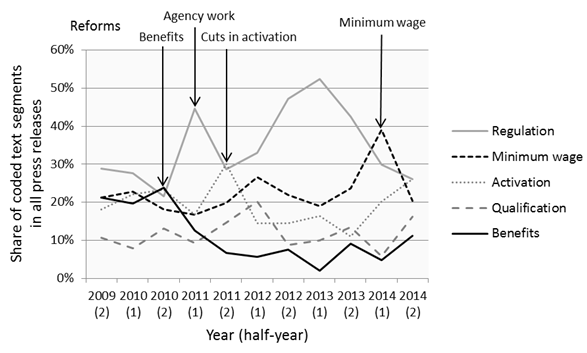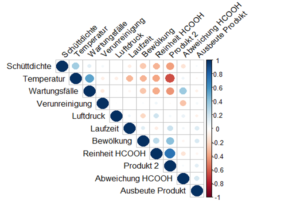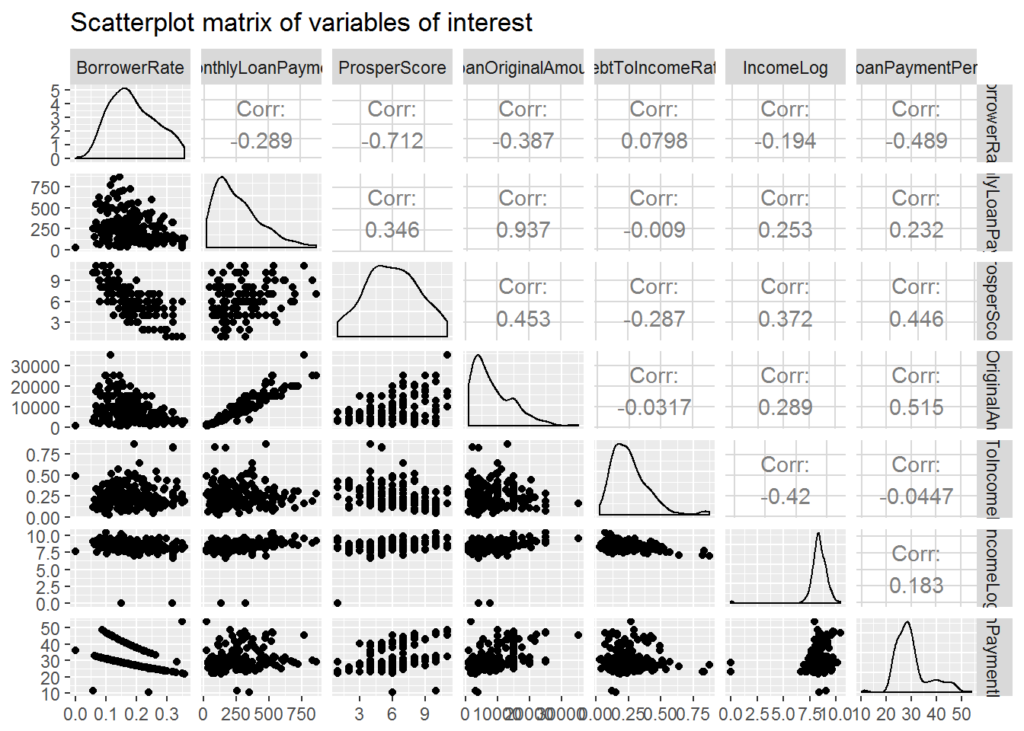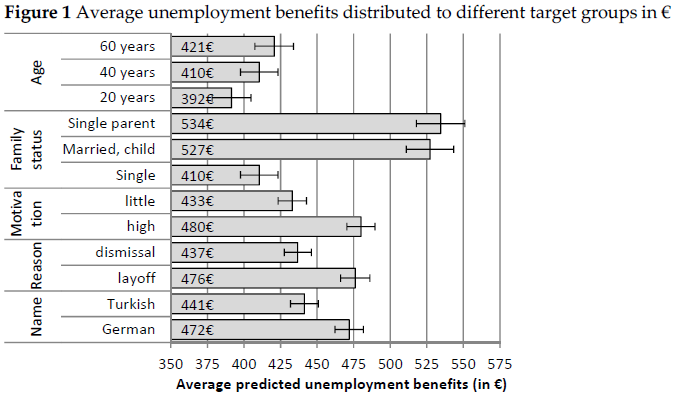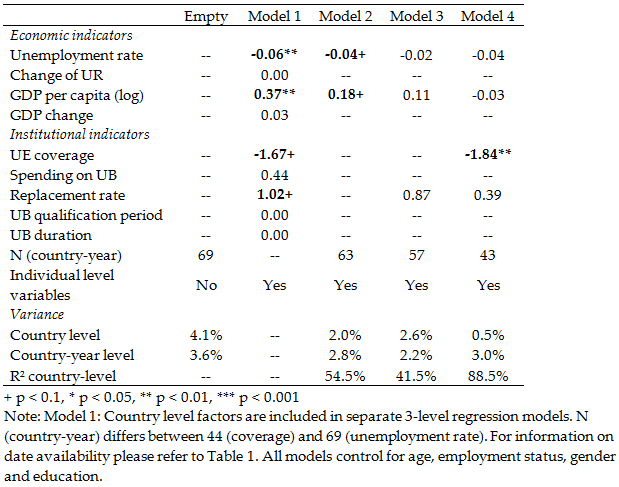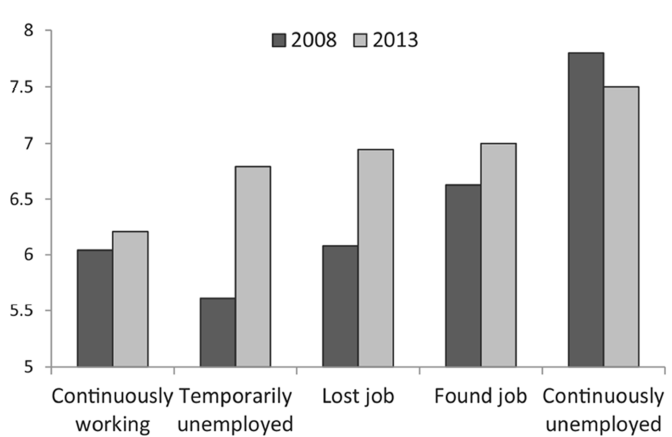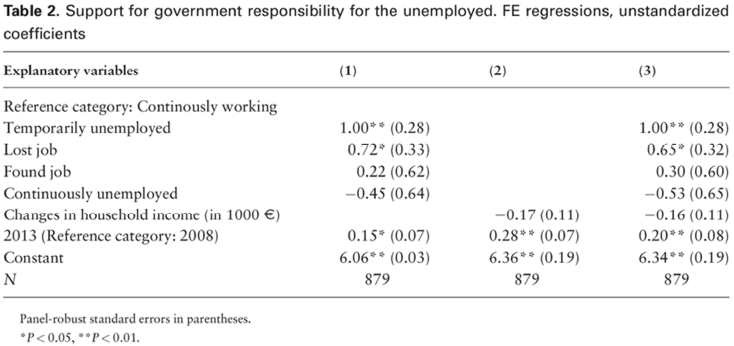With Benedikt Bender
In B. Ebbinghaus & E. Naumann (Eds.), Welfare State Reforms Seen From Below: Comparing Public Attitudes and Organized Interests’ Policy Positions in Britain and Germany. Palgrave Macmillanm, forthcoming.
Research question & method
Unions, employers’ associations and social welfare organizations play an important part in reforming the labour market. This study investigates their positions in this policy field, in particular towards minimum wages and labour market regulations. Two contradicting arguments are outlined concerning the interest groups’ strategic interests. They have to represent their core membership and, at the same time, pursue strategic long-term goals that might contradict their clienteles’ interests.

We estimate the interest groups’ positions with a content analysis. This method is regularly used for political parties but has not been applied to interest groups so far. About 1500 press releases from 14 organizations serve as our data source.
Results
We find that unions pursue different strategies depending on their (potential) membership. The service union strongly advocate the introduction of a minimum wage while industrial unions focus on stricter regulation of atypical contracts. Employers’ associations generally oppose minimum wages but their main priority is defending the flexibility of agency work. The positions of social welfare organizations are shaped by their dual role as representative of the marginalized and as employers in the social sector. Overall, we show that content analysis is a valuable tool to analyse positions of interest groups.
